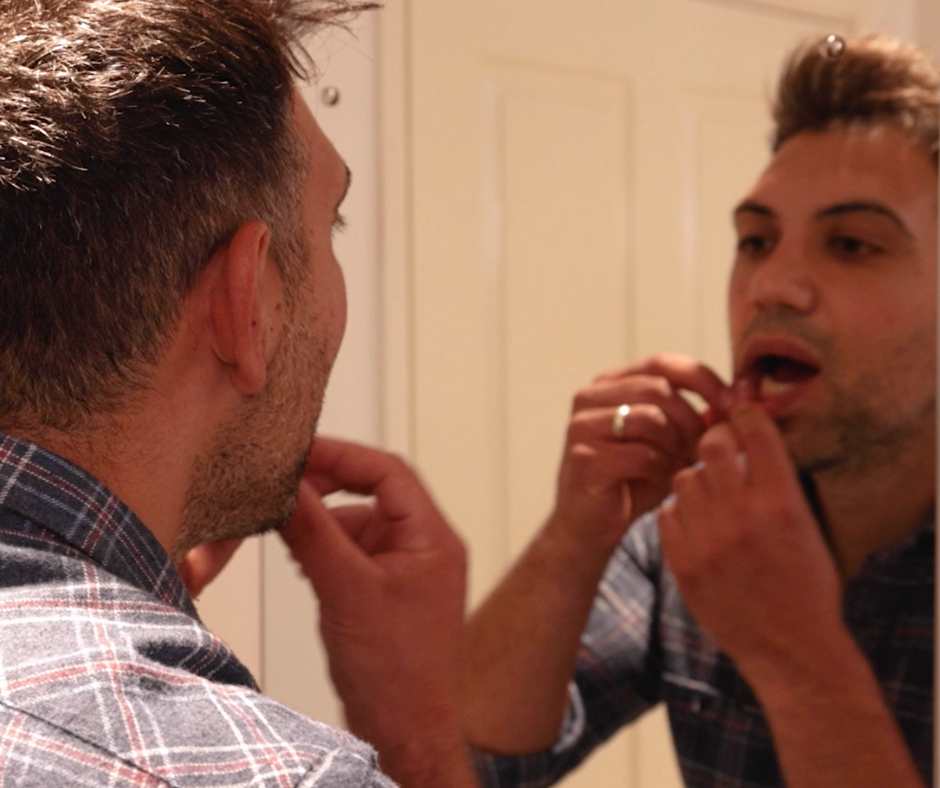The self-check that could save your life
Dr Elizabeth Marsh, Associate Professor in Cellular and Molecular Biology at the University of Derby,explains how a simple self-screening check could help catch head and neck cancer early.
Today (27 July) is Head and Neck Cancer Awareness Day. This part of our body does so much for us – smiling, eating, drinking, talking, swallowing, and so on. Sadly, cases of head and neck cancer are increasing – it is now the seventh most common cancer in the UK, and the fourth most diagnosed in men, with around 12,500 people diagnosed in the UK each year. Despite this, most people still don’t know about it until it affects them.
Head and Neck cancers comprise over 30 different types of cancer that are classified based on where they are in the head and neck, and the type of cell that they originate in. They include cancers of the throat, thyroid, larynx, nose, sinuses, mouth, and salivary glands. Human Papillomavirus and Cancer
The increase of head and neck cancers has partly been driven by Human Papillomavirus (HPV). HPV is the virus that causes cervical cancer; but whilst the incidence of these cancers has decreased, the incidence of head and neck cancers caused by HPV has increased, and has now overtaken that of cervical cancer. We now think that 40-60% of Oropharyngeal Squamous Cell Carcinomas (cancers of the tonsils and base of tongue) are HPV-positive. Our ongoing research at the University of Derby investigates the prevalence of HPV infection in the mouth of the healthy population, how HPV infection causes head and neck cancer, and whether we can detect any pre-cancerous changes associated with the development of the disease. HPV Vaccination
In the UK we have a very effective vaccination programme for HPV, with vaccination for boys and girls against the most common viral types occurring at school in year 8. We know that this vaccination offers protection for genital HPV infections, and the data are beginning to suggest that there is protection for oral infections too. Regrettably, our vaccination rates are lower than the World Health Organisation (WHO)’s 2030 targets, leaving young adults vulnerable to high-risk HPV infections. We need to increase this coverage in a bid to eliminate cancers driven by HPV. Symptoms of Head and Neck Cancer
Individuals with head and neck cancer are often diagnosed late, when the cancer has already started to spread, which makes treatment more invasive and more intense. That’s why it’s critical to be aware of the signs and symptoms of the disease – which include a persistent sore throat, difficulty swallowing, ulcers or white patches in the mouth/throat that don’t clear up, and lumps/swellings in the jaw and throat – and to seek help from your doctor or dentist if you have any concerns. Head and Neck Screening
Whilst we have very effective screening programmes for a number of cancers in this country, there is no such screening programme for head and neck cancer. It is recommended that dentists perform an oral examination at our check-ups, but we can also do this at home. Raising the profile of head and neck cancer, HPV, and self-screening for the early signs of disease is critical to help reduce numbers and save lives. We have teamed up with our medical colleagues at University Hospitals of Derby and Burton and University Hospitals Leicester, as well as our friends at the Oracle Cancer Trust and The Swallows, to produce a video promoting the self-screening process. It’s really easy: once a month, after you have brushed your teeth, check your mouth and neck, and get to know what’s normal for you; those two minutes could save your life. The Head and Neck Screen
Check along the insides of your lips and look at your gums. Are there any lumps, bumps, or red or white patches? Look at the back of your mouth. Stick out your tongue and move it from side to side. Don’t forget to look underneath too. Feel under and around your jaw. This area can sometimes be a bit lumpy if you’ve had a cold or other illness. So learn what’s normal for you. If you find anything that’s new or unusual, it’s time to see your doctor. Early Detection
If we can catch head and neck cancers early, then treatment has a higher success rate. But early detection doesn’t just save lives, it saves quality of life too. Please watch the video, follow the guidance, and share with your friends and family.

2 Minutes to Save Your Life: Oracle Launches HeadNeckCheck Campaign for Make Sense Week
This Make Sense Week (15-20 September), the European-wide head and neck cancer awareness initiative, Oracle Head & Neck Cancer UK, is championing both prevention and early detection – recognising that stopping cancer before it starts is just as vital as catching it early. Two Ways to Fight Cancer This Week Prevention Today: Head and neck…
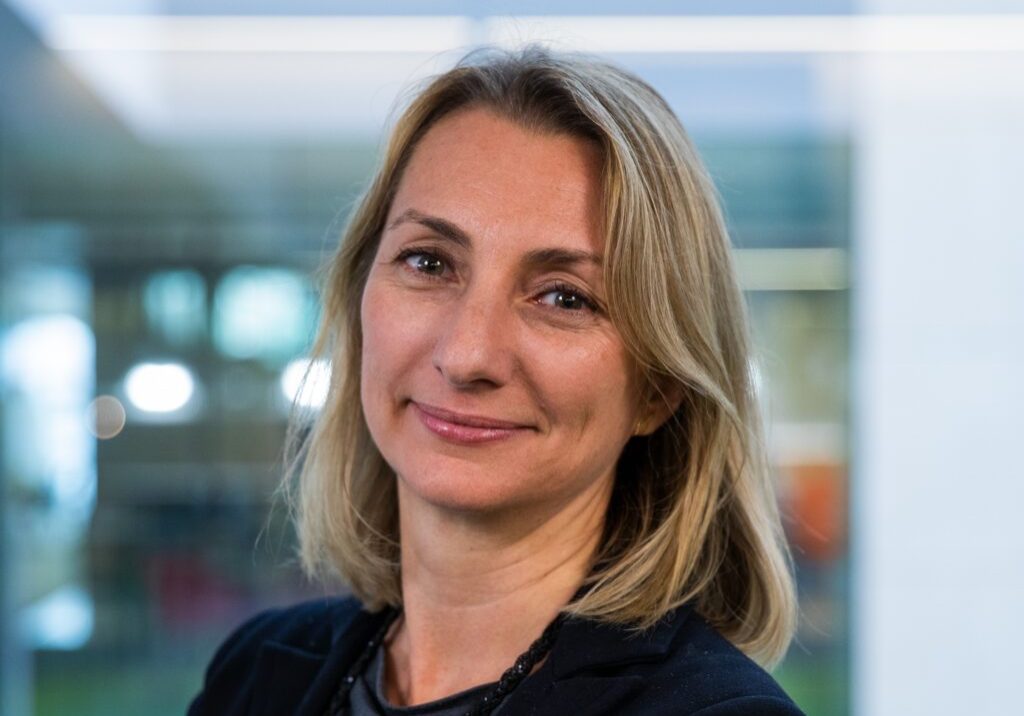
Leadership update
After four successful years as CEO, Tamara Kahn has transformed Oracle into a respected national voice for head and neck cancer patients. She established a national presence, created a four-pillar RACE strategy (Research, Awareness, Collaboration and Patient/Community Engagement) and built strong policy influence. With these foundations now firmly in place, Tamara will transition from her…

Finding Light in Adversity: Seven inspiring stories through head and neck cancer
A new collection of patient stories from Oracle Head and Neck Cancer UK reveals how individuals facing head and neck cancer have discovered unexpected sources of strength, purpose and even joy during their treatment and recovery. The seven contributors share remarkably similar themes despite their unique journeys. Almost all emphasise the power of maintaining a…
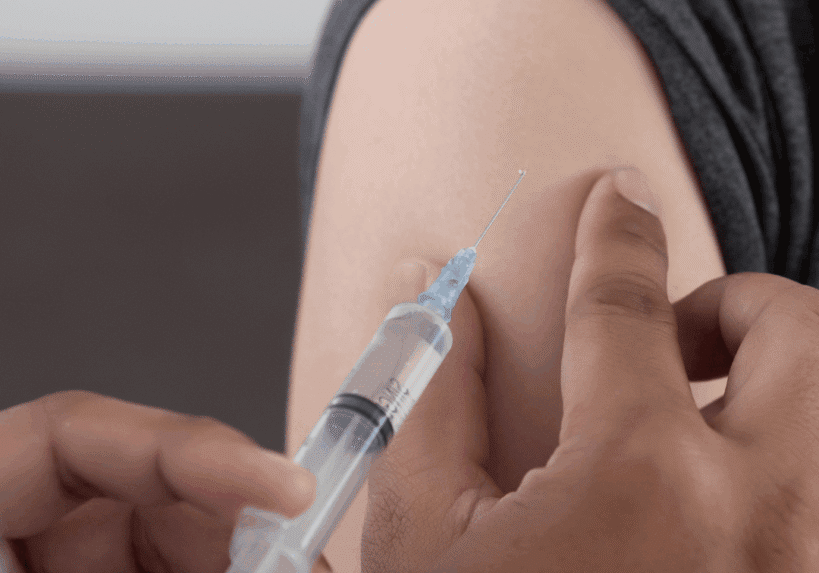
NHS to fast-track patients with head and neck cancer into cancer vaccine trial
Patients with advanced head and neck cancers in England will be fast-tracked into a trial of a new cancer vaccine, as the NHS expands its world-leading trial ‘match-making’ service. The investigational cancer vaccine uses mRNA technology to help the immune system recognise and kill cancer cells containing human papillomavirus proteins. More than 100 patients with advanced head…
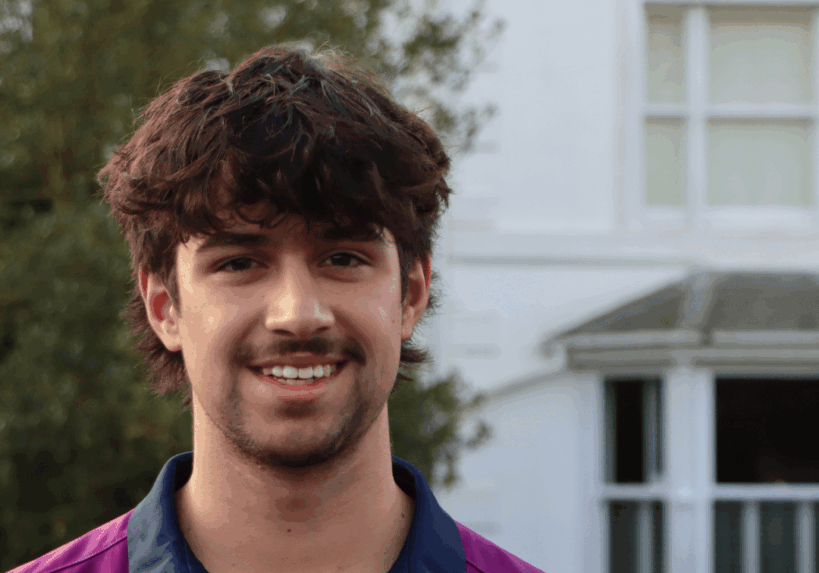
World Head and Neck Cancer Awareness Day 2025: The HPV Vaccine Could Save Your Life
27th July 2025 This World Head and Neck Cancer Awareness Day, Oracle Head and Neck Cancer UK has a simple but urgent message: HPV vaccination saves lives. With HPV-related head and neck cancers having doubled in the past 20 years, the charity is using today to remind the public that these devastating cancers are preventable…

Data from the National Disease Registration Service on HPV associated and HPV independent oropharyngeal squamous cell carcinoma
The Get Data Out Programme from the National Disease Registration Service (NDRS), part of NHS England, has published statistics on incidence, routes to diagnosis and treatment for patients diagnosed with oropharyngeal cancer in England by human papillomavirus (HPV) status. To our knowledge this is the first time data on oropharyngeal cancer by HPV status has…
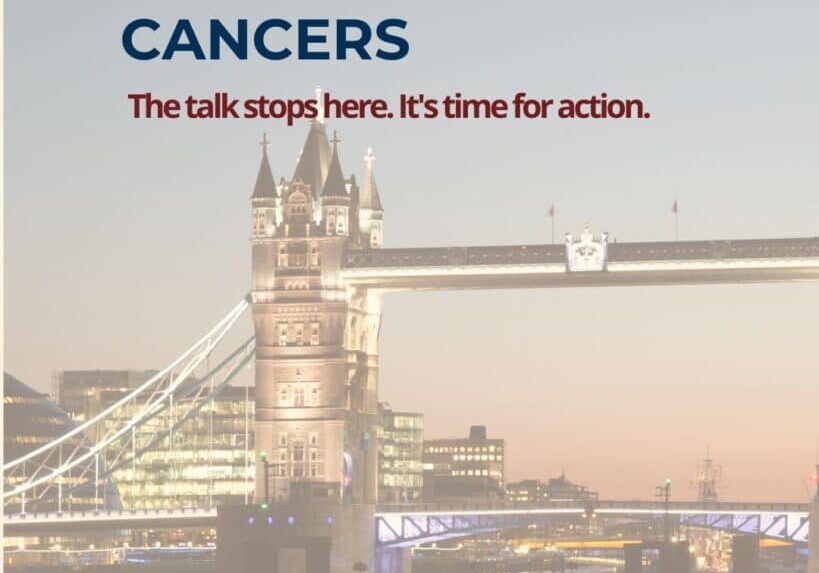
Join Us for an Evening of Research, Impact, and Conversation
Research & Impact EveningDate: Monday 28th April 2025Time: 6:00 PM – 8:30 PMVenue: Skyline, Tower Suites, 100 Minories, London EC3N 1JY A Celebration of Research Join us for a meaningful and action-focused evening where we’ll be diving into some of the big conversations around head and neck cancer – especially those linked to HPV (human…

What the Rare Cancers Bill Means for Head & Neck Cancer
14 March marked a crucial moment for research into rare cancers, as the Rare Cancers Bill took another significant step toward becoming law! Dr. Scott Arthur, a Labour MP, introduced this legislation in Parliament to drive much-needed research into cancers affecting fewer than 1 in 2000 people in the UK – including many types of…

Theatre Meets Healthcare: Breaking Barriers in Cancer Conversations
In Leicester, theatre is transforming how Black communities talk about cancer. Oracle Head & Neck Cancer UK, alongside Theatre Sans Frontières, is using interactive Forum Theatre to tackle stigma, improve healthcare conversations, and break down cultural barriers. Actors bring real-life cancer diagnosis experiences to the stage – but the audience isn’t just watching. They step in, suggest changes, and…
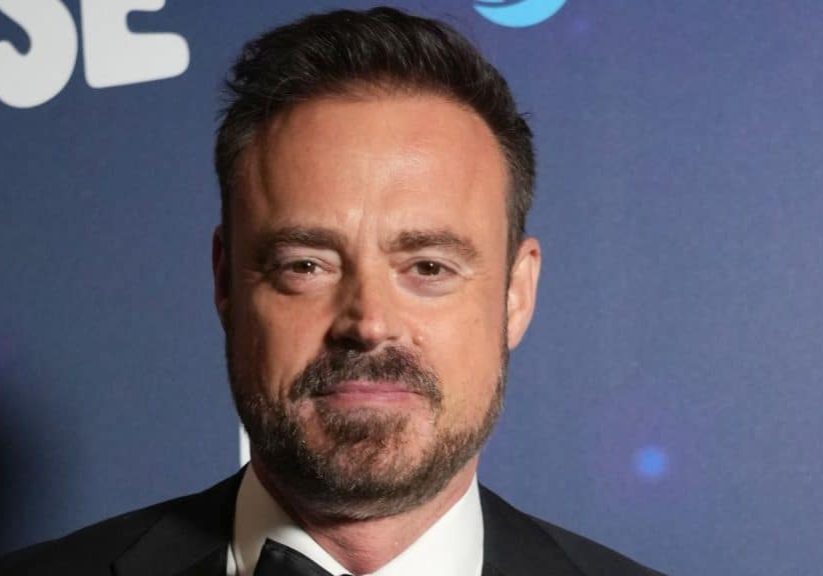
Jamie Theakston Announces He is Cancer-Free After Laryngeal Cancer Treatment
Heart Breakfast’s much-loved presenter, Jamie Theakston, has shared the incredible news that he is now cancer free! After completing treatment for stage one laryngeal cancer – cancer of the voice box (larynx), Jamie made his highly anticipated return to the airwaves today, reuniting with listeners and co-hosts alike. Diagnosed in September 2024, Jamie initially thought…


